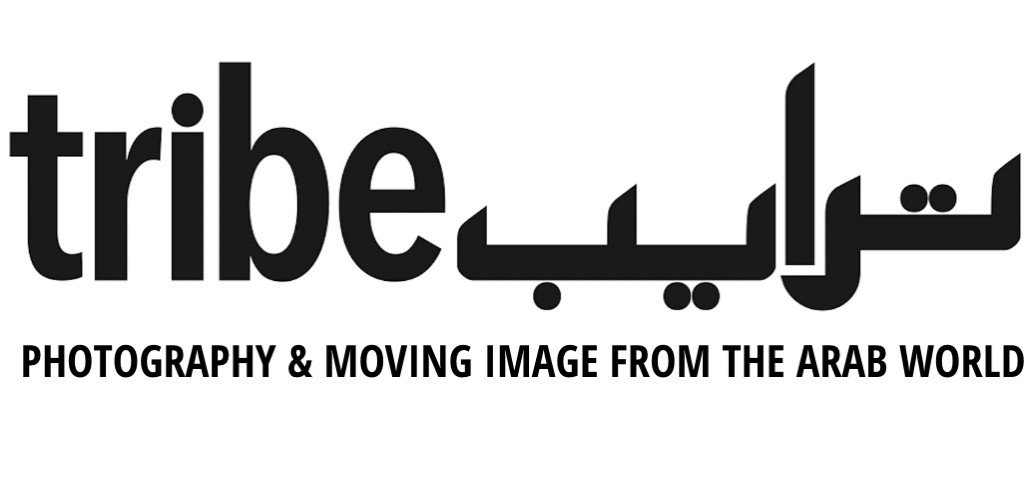Jawad Al Malhi: A Life Left Waiting
Scenes from Jerusalem’s refugee camps, depicting with singular clarity the sense of dislocation, the futility of waiting and the precariousness of life
Jawad Al Malhi, The Gas Station (2010), transparency in light box. Courtesy of the artist.
With text by Basak Senova, curator and designer.
Jawad Al Malhi creates panoramic images of Jerusalem and while the work underlines the intense overcrowded ness of the urban landscape, it also raises questions regarding the social, economical, political, and, more importantly cultural processes governing urban development.
“In this series of photographic and video works, an ongoing project launched in 2007, I explore the marginal space of Jerusalem’s Palestinian refugee camp. Working through the year, I documented the landscape transformations resulting from the necessity of accommodating the growing refugee population. Photographed from the nearby settlement, the panoramic images reveal the intensely accumulative topographies of the built environment that have become a testimony to dislocation,” explains Al Malhi. “The photographs, some of them also taken inside the camp, reveal narrow passageways and explore the legacy of waiting and the precariousness of daily life. While panoramic views of Jerusalem have historically been dominated by images of the Old City and its holy places, these images of the camp offer an alternative scenario, one that testifies to a different reality.”
Al Malhi is drawn to observe what happens during the waiting, and observed the camp day and night, watching the daily life and relations unfolding in these spaces in which even the passage of light in the daytime is confined. In one series, Al Malhi focused on a container that housed a large petrol tank that served as a gas station (petrol being emblematic of the Middle East), exploring how time unfolds and elapses for the station workers.
“The work highlights their isolation, their interaction with the street, power relationships, and control over the geography of the container, in which time appears monotonous, mundane, and endless, while the control of space takes on a new precedence,” he says.
Al Malhi’s practice includes painting, photography, video and site-specific installations. He often explores marginalized communities and their relationship with their environment. His current body of work, “Measures of Uncertainty”, he draws from observations of crowds in the Middle East in between periods of transformation.
Living and working in Jerusalem, Al Malhi has an MFA from the Winchester School of Art and in 2013 was shortlisted for the Abraaj Group Art Prize and the Cartier Award by the Frieze Foundation in 20019. His works are held in private and public collections including the British Museum, London, and the Barjeel Art Foundation, Sharjah. Al Malhi has been a resident artist in several venues, including the Delfina Foundation in London (2010) and the Townhouse Gallery in Cairo (2011).


